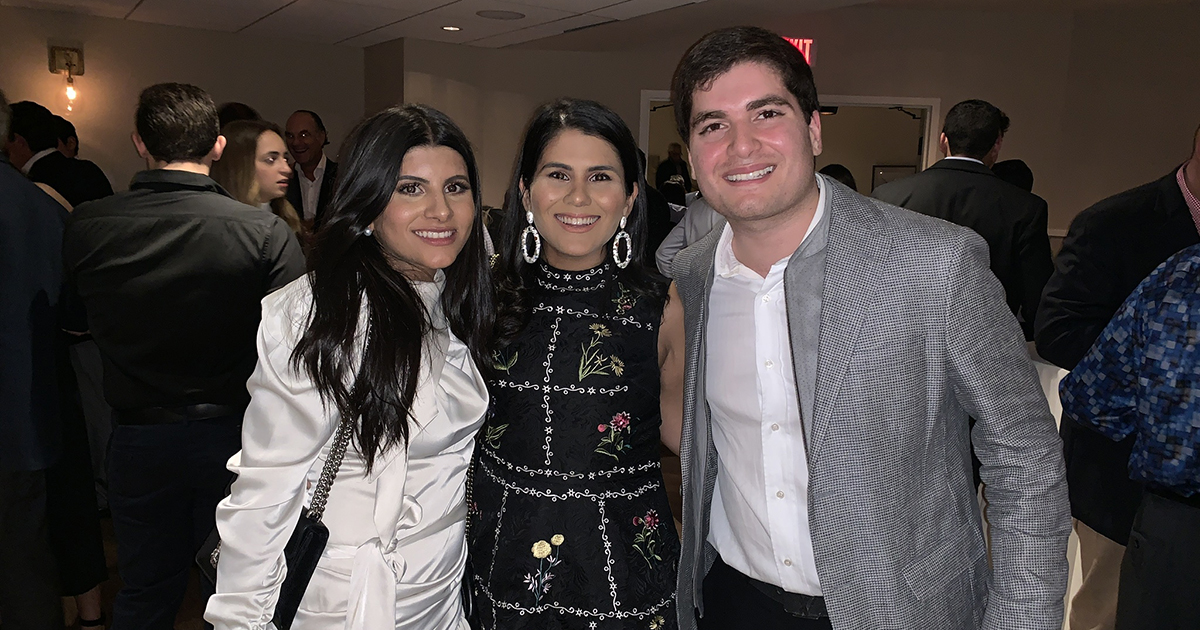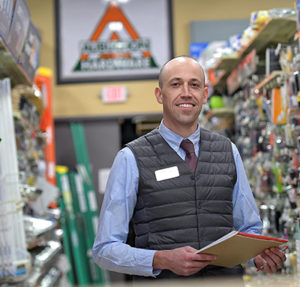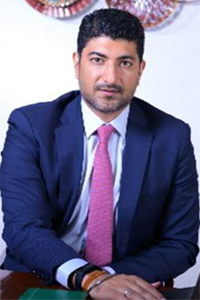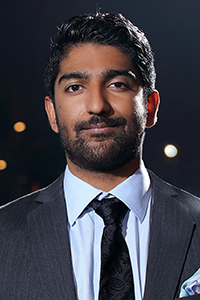Avoiding Drama: How Entrepreneurial Families Can Learn from ‘Succession’

It is no exaggeration to say that when you put a dysfunctional family in business together, you get drama. That helps explain, in part, why the HBO award-winning series “Succession” has garnered such a loyal following, as well as a host of Emmys and other awards.
While “Succession” is a highly dramatized version of how a family business works, there are real-world lessons to learn from the show and the experiences of Waystar Royco and the Roy family.
In entrepreneurial families, the key issues that drive or limit value creation often are the relationships between the members. Amplifying the capacity of families to create value together through stronger relationships is at the heart of the work of the Bertarelli Institute for Family Entrepreneurship at Babson College.
Family entrepreneurship is about amplifying the capacity of families to create value together through stronger family functioning. While we can’t do much to help the Roy family, perhaps your family business can benefit from trying some new approaches. With the Season 3 finale airing Sunday, here are four lessons entrepreneurial families can learn from “Succession,” along with real-world examples:
Prepare the Next Generation to Step Up Early in Their Careers
The show is aptly named for the key challenge the Roy family faces. Founder Logan Roy is aging and unwell, yet he still rules with an iron fist and has not prepared anyone, family or otherwise, to lead the business going forward. Logan just cannot let go enough to create space for anyone else to test and build their leadership skills. Their media business, Waystar Royco, is falling behind in the ever-changing digital world while possible successors vie for dominance only to find themselves undermined by Logan.

The Bertarelli IFE approach: The W.E. Aubuchon Company provides a great counterexample. Will Aubuchon IV MBA’09 is the fourth-generation leader of his family business, Aubuchon Hardware, a highly successful hardware retailing chain. Will’s dad, Bill Aubuchon III, started talking with their board about succession planning shortly after becoming CEO himself in 1993 with a formal push starting in 2001. The process resulted in Bill’s cousin Marcus Moran Jr. assuming the CEO role in 2011 and Will assuming the role in 2015. Over the course of 14 years of careful planning by their board, including a Babson MBA for Will, a family mentor, and thorough evaluations for all involved, the Aubuchon Company successfully transitioned to the fourth generation. Most recently, Will and his team have led the company through a phenomenal period of growth with a strong digital strategy that became invaluable during the pandemic.
Shift Parent-Child Relationships to Peer-Peer Relationships
In “Succession,” Logan’s four children—Shiv, Ken, Connor, and Roman—all behave like children when they are with their father. Recent episodes have shown Ken shaking in fear of Logan, Roman groveling for attention, and Shiv pouting when she didn’t get what she wanted. In their childlike mode, they are reacting to their father rather than thinking as business leaders. Successful family entrepreneurship requires the next generation to step into their own as peers to begin the process of leading the business and the family. Shifting from a parent-child to a peer-peer relationship requires each party to make changes and can be started by either the parent or the child. In the case of the Roy family, no one is initiating this process, so the lifelong family dynamic continues to play out in their business.
The Bertarelli IFE approach: At Diunsa, one of the largest department store chains in Honduras, a different dynamic has evolved between the second-generation CEO Mario Faraj and his third-generation nieces and nephew— Giuliana ’15, MS’16, Viviana ’19, and Jorge ’17. After graduating from Babson, Giuliana, Viviana, and Jorge each took increasingly responsible roles at Diunsa. Importantly, Mario sought their advice, and they felt comfortable sharing their ideas as business leaders. When the pandemic forced Diunsa to close all of its stores in March 2020, Mario recognized the capacity of these three digital natives and supported them to take the reins, successfully moving the business online in just three short weeks.
Replace Dysfunctional Family Communication with Collaboration
The Roy family rarely discusses business issues as a complete family group. And, when they do, the discussion is fraught with insults and emotional reactivity. Their communications feature ever-shifting coalitions pitting some family members against others. There is no process for making decisions, other than Dad said so, and Dad’s rationale could shift on a dime. As a result, no family member trusts any other and there is no collective capacity for problem solving. This is probably the underlying issue that causes all the other problems the Roy family is facing.


The Bertarelli IFE approach: At the Continental Group, an industry leader in supply chain management and logistics infrastructure headquartered in New Delhi, the Vohra family forged a new way of communicating that has led to extraordinary growth. When brothers Vaibhav Vohra ’08 and Viraj Vohra ’13 joined their father, Vipin Vohra P’08 ’13, in the family business, they found themselves constantly taking sides, avoiding difficult conversations, and rarely communicating openly among the three of them. As a result, family strife erupted and the business stagnated before suffering a serious financial setback. Vowing to learn from their mistakes, the three committed to meeting together regularly, to speaking directly to the family member involved rather than triangulating, and to discussing challenges using curiosity and open mindedness. Improved family communication has spurred the company to more than double in size and was essential in navigating the difficult business environment of the pandemic.
Establish Mutually Beneficial Shared Family Values
If the Roy family has a shared family value, it would be: “It’s all about me.” Because the family has never identified shared values that are mutually beneficial, every decision is a fight for a fixed-sized pie, as seen in recent episodes in which Shiv and Roman each vie for their father’s favor while attempting to squeeze the other out. When a family identifies mutually beneficial values and goals, space is created to find solutions to problems that expand the pie and make room for the productive engagement and satisfaction of all family members.

The Bertarelli IFE approach: At Baldwin-Richardson Foods, next-generation President Erin Tolefree and her sister Cara Hughes, vice president, customer and community, are building on the values and entrepreneurship practices of their father, Eric Johnson ’72, P’08. The family has established a common vision about how it wants to grow its business and what defines success, including service to customers and community, personal responsibility for doing the right thing, and putting people first by treating them with dignity and respect. The sisters execute on that vision with deep respect for each other, leveraging their differences as strengths. The result? Both the family and the business are stronger than ever.
Posted in Insights




